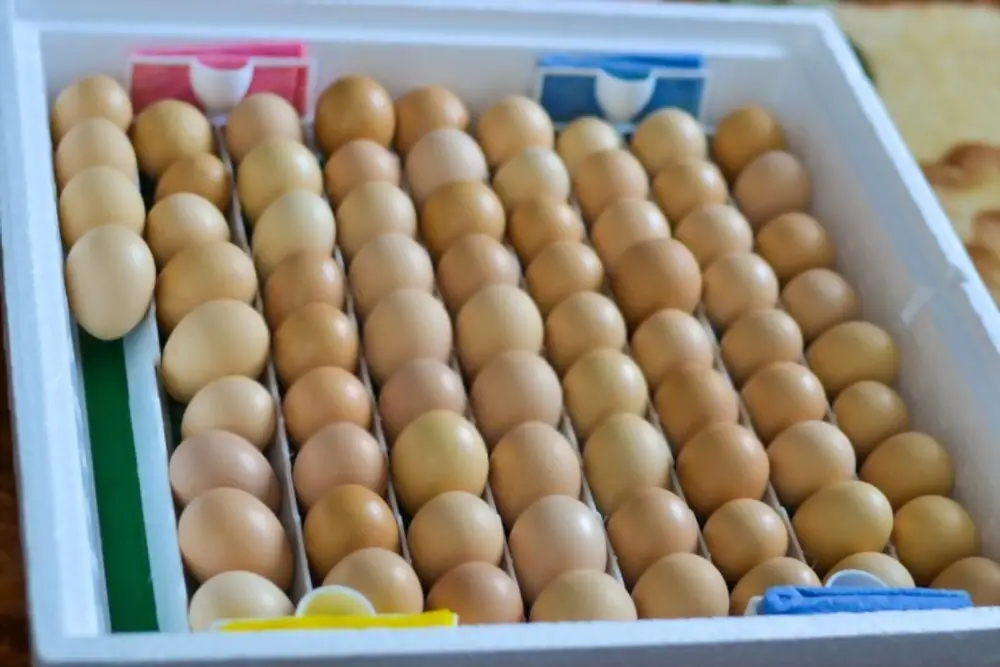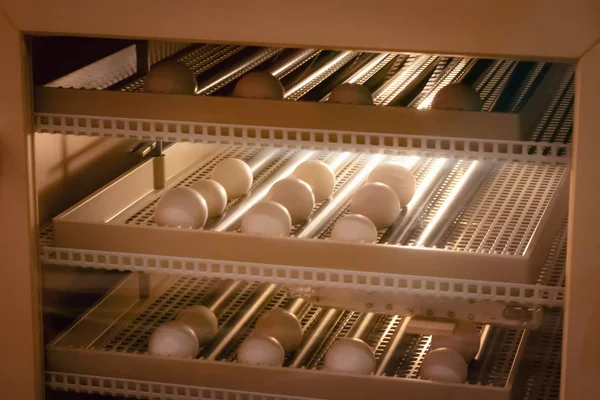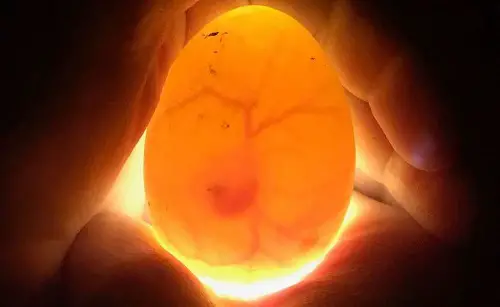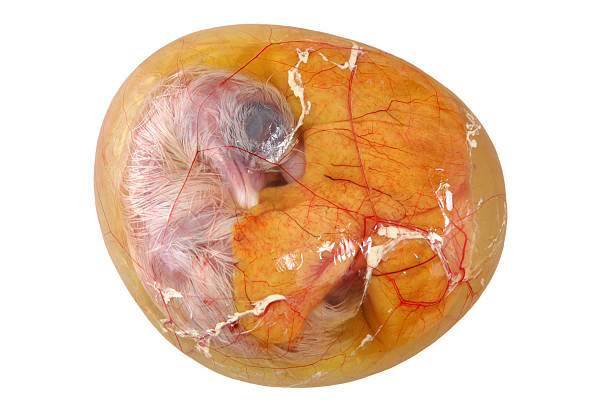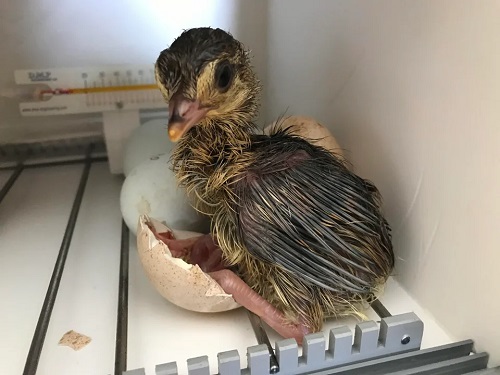Table of Contents
Are you thinking of raising poultry for business? Or are you just thinking of it as a hobby? No matter the situation, two things you should learn about are eggs and how they hatch. It’s easier to think that poultry birds like chickens come from supermarkets. But the reality is all of these birds come from one fragile shell we call eggs. And again if you’re thinking of buying these eggs from the supermarket then hatching them by yourself, then you are wrong again. Just what do you need to know about eggs for hatching? Here is some useful information that can get you started on hatching.
Egg Hatching Facts
1. Not all eggs hatch
Eggs that you can find in the supermarket are not actually the same eggs for hatching. These eggs are not fertilized and no matter how long and how much care you give them, they can never hatch. Only eggs fertilized through mating can be eggs for hatching. Apparently, in the case of hens, they can lay eggs every day without mating. And those are the eggs we buy and eat. They can lay about an egg a day and they take a one-day rest to keep them going again.
There is an old technique called candling to determine whether these eggs are fertilized or not. There are devices called egg candlers that when pointed on an egg, light through it. Then once lit, you can see the embryos developing inside the egg. So before you go hatching an egg, be sure they have embryos in them. You do not want to be wasting time and effort on an unfertilized egg. Be sure to use the right eggs for hatching.
2. Different kind of eggs have different incubation time
If you are thinking of ways to hatch a chicken egg faster, I’m sorry to tell you it’s is just not possible. No matter what you do, these eggs will take a certain time to develop. Chicken eggs for example will need 21 days before they hatch. While other species take longer or shorter. Although they share the same compositions, these things are quite actually different from each other. Forcing them to hatch earlier than when they are supposed to will just result in premature and most likely dead hatchlings.
Incubation Periods for Poultry Eggs
- Chicken eggs need 21 days
- Duck and turkey eggs hatch after 28 days
- Geese incubate for 30 to 32 days
- Quails choose to stay on their eggs between 17 to 23 days
- Ostriches hatch the longest since they have the biggest eggs, it takes them 42 days
Be sure to consider this when choosing eggs for hatching. So you won’t waste money waiting for eggs to hatch when in fact they are not ready yet.
3. Eggs need the correct setting to hatch
If you assume that once you put eggs inside an incubator or leave them on a hen’s nest then they will automatically be a success, then you are wrong. Eggs like any babies need a lot of things. In their case, they need to have a certain temperature and humidity to properly incubate and develop. Too much heat and you’ll end up with hard-boiled eggs. Too little will result in premature dead chicks. Eggs also need to be turned once in a while to be properly incubated. Failing to do these will again result in unsuccessful egg hatching.
4. Egg incubators
By now you probably know that there is more than one way of hatching an egg. The natural way, where you let nature take its course, and the modern way, where you use egg incubators. These incubators come in various types, sizes and shapes. Some are used for large-scale hatching and some for egg hatching enthusiasts. These machines also have features that enable you to just leave them and come back after their incubating time is done to find your hatchlings. They have automatic egg turners, temperature and humidity adjusters/controllers, etc. Of course, the prices increase as specific features are added. Nevertheless, these devices increase the percentage of your eggs’ survival compared to hatching them the natural way.
Using egg incubators will surely cost you, but with time as you see its efficiency, you’ll realize that the cost outweighs the benefits. If you do not want to buy one, you can always create them yourself, there is a lot of information on the internet on how you can make your own egg incubators. You can check this guide on how to build a homemade egg incubator.
Hatching eggs at first will never be easy. There will be lots of trial and error on your side. Nevertheless, once you get the hang of it, hatching eggs will be a piece of cake. Like anything else, there is a lot of information on the internet about egg incubation and hatching. Take the time to research and find more tips on how to choose eggs for hatching.

